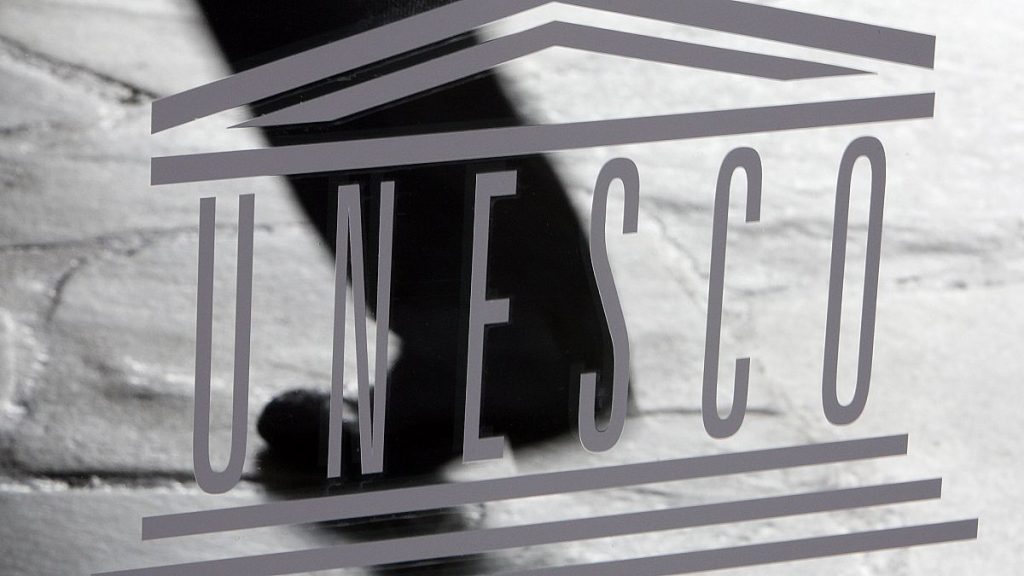A recent UNESCO survey has revealed concerning statistics about the practices of online influencers, highlighting that a staggering 62 percent do not fact-check the information they disseminate to their audiences. Conducted by researchers from Bowling Green State University, the survey engaged 500 influencers across 45 countries, examining their motivations, skills, practices, and the challenges they face in their roles. The findings indicate a troubling trend among content creators, with many relying on superficial measures like likes and shares, and the reputation of authors or publishers, rather than rigorous fact-checking to guide their content decisions. Additionally, only a small proportion of these influencers consider mainstream news media as a source for information, opting instead for personal experiences and self-directed research.
The challenge of misinformation is prevalent in today’s digital information landscape, and many influencers expressed a desire to improve their fact-checking abilities. The survey indicates that 42 percent of respondents evaluate the reliability of information based on engagement metrics, while 19 percent lean on the credibility of the original content provider. Furthermore, around 20 percent of influencers are prone to sharing content from trusted friends, raising concerns about the echo chamber effect this may create. The reliance on such criteria highlights a critical gap in the influencers’ ability to discern fact from misinformation, potentially amplifying erroneous narratives to their extensive audiences.
Acknowledging these concerns, UNESCO has recognized the crucial role that digital content creators play in shaping public discourse and responding to issues of disinformation and online hate speech. In response to the findings of the survey, 73 percent of the influencers indicated a pressing need for more training to navigate the challenges presented by misinformation. Audrey Azoulay, UNESCO’s Director-General, emphasized that while influencers are pivotal in engaging millions with important societal issues, they often lack the tools and skills necessary to combat the rampant spread of misinformation online.
To address this gap in knowledge and skills, UNESCO has announced a month-long training program designed specifically for influencers who wish to confront disinformation more effectively. This course, developed by media and information literacy experts, aims to equip content creators with the skills needed to assess, verify, and debunk misleading information. The training will also encompass a comprehensive overview of global human rights standards pertinent to freedom of expression and information, ensuring that influencers are well-versed in the ethical implications of their content sharing practices.
The curriculum of the training program will encompass a range of essential skills, including sourcing information from diverse and reliable outlets, critically evaluating the quality of various forms of data, and appropriate strategies for reporting disinformation and hate speech. By reinforcing the crucial role of responsible content sharing, this initiative seeks to empower influencers to be more discerning and informed in their engagement with information and audiences alike. Such educational efforts are timely, as the prevalence of misinformation continues to escalate alongside digital media consumption.
In summary, UNESCO’s survey serves as a wake-up call regarding the practices of online influencers, revealing significant gaps in fact-checking and critical evaluation of information. With considerable interest from content creators for further training, UNESCO’s proactive steps towards enhancing media literacy highlight a collective endeavor to cultivate more responsible digital citizenship among influencers. As these individuals wield significant influence over societal conversations, their ability to discern accurate information is imperative in safeguarding the integrity of public discourse and fostering informed communities. Thus, equipping influencers with the proper skills is essential in mitigating the implications of misinformation in the current digital era.














